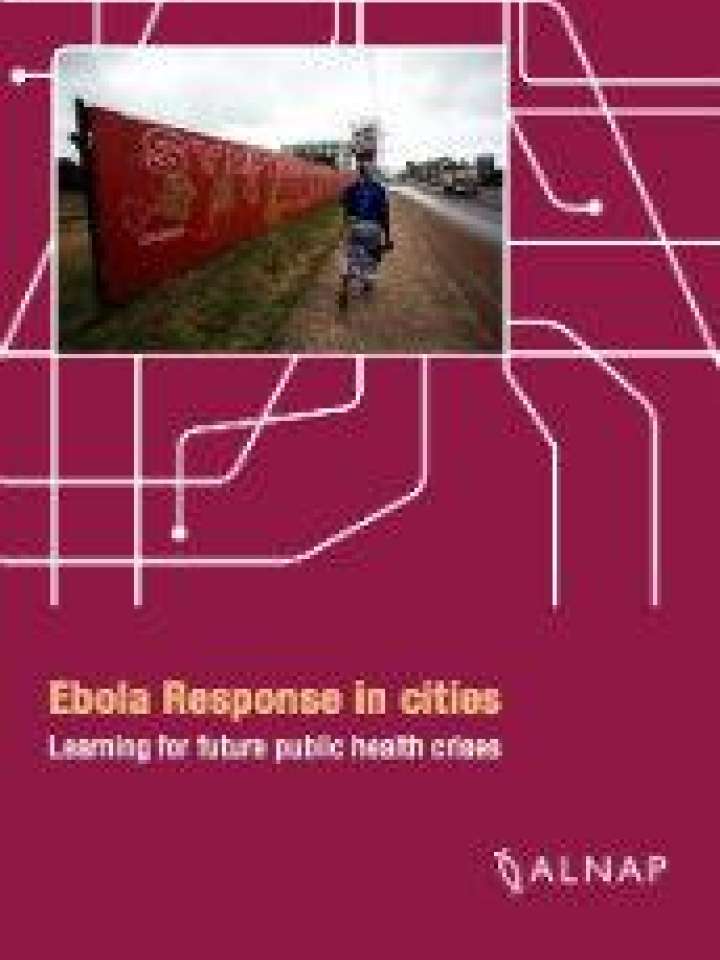Ebola response in cities: Learning for future public health crises
This paper aims to share reflections and learning about the urban nature of the Ebola Virus Disease (EVD) outbreak by looking at the case of the urban informal settlement of West Point, Monrovia, Liberia. In doing so, it aims to improve future urban public health responses. It builds on existing learning around the EVD response, focusing on urban issues as a noted gap in the key literature on the response thus far.
West Point, Monrovia, is an informal settlement in Liberia that, despite being an official township of the capital city, has experienced decades of unplanned growth and expansion, particularly since internally displaced persons from the Liberian civil war began to arrive. It has significant water, sanitation, hygiene, electricity, access, land tenure, erosion and protection issues, which have been persistently present and unresolved pretty much since the settlement was established. Despite these challenges, West Point has been described as fairly cohesive, and its proximity both to the coast and to economic activity in Monrovia means many residents do have an income. At the time of the EVD outbreak, West Point was home to approximately 70,000 residents.
West Point’s experience of EVD sheds light on many of the issues discussed throughout the ALNAP learning report series on EVD, including the challenges posed when quarantine is enacted in a dense informal settlement; the importance of community mobilisation, particularly in an urban environment; the critical role of population movement in informing the makeup of the community and also in illustrating behaviour throughout the outbreak; and why it took so long to apply an urban response to this largely urban crisis.
Explore further
